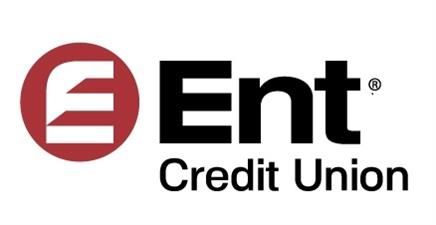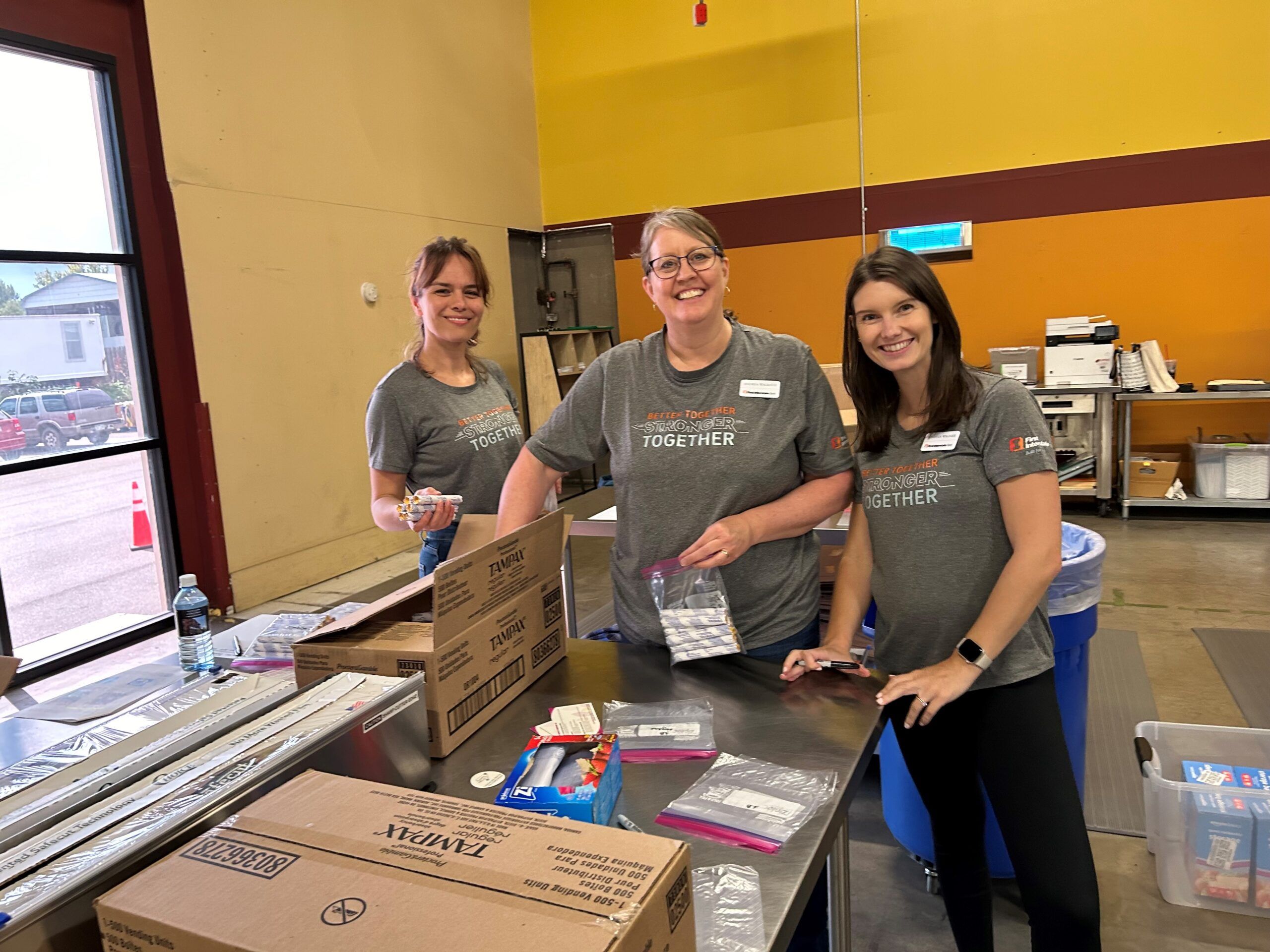Banks see fewer loans, few delinquencies

For most Colorado small businesses, economic conditions seem to dictate keeping those sails tightly trimmed while riding out the storm when it comes to taking on new debt.
The storm, of course, is what has been a case of spiraling interest rates combined with the threat of recession. The optimism for small business people across the nation for an upturn in economic conditions has been diminished, and their enthusiasm for taking on new debt has been quashed.
“We do a lot of small business lending, … and what we’ve seen at our institution is people are being a little more thoughtful about taking on new debt,” said Matthew K. Propst, first vice president for commercial lending at ANB Bank.
Experts said lending hasn’t fallen through the floor, but it certainly is not trending upward at this time. On the bright side, lending experts also indicated that there doesn’t appear to be an uptick in loan delinquencies either.
“High interest rates always decrease demand (for loans),” said Jenifer Waller, president & CEO of the Colorado Bankers Association. “When you have a higher rate, business owners are simply more conservative when they take out a loan.”
There is no dramatic decrease in small business lending at this time, Waller said, and banks have seen a minor increase in car and credit loans. “Right now there’s been minimal changes, if any,” she said.
Propst said that for the past 18 months small business owners have faced that dual threat of the high inflation rate, which increases their own costs, along with the threat of recession. “We’ve been talking about recession for a year and half,” he said, and, “depending on what statistics you believe we could be in one now.”
At the community bank level, he said, clients are still weighing the option of taking on new debt, but they are weighing the risks with added deliberation. “What we’re seeing is a lot more in-depth conversations with our clients about taking on debt,” Propst said.
On a national level, the National Federation of Independent Businesses said its Small Business Optimism Index increased 0.4 points in May to 89.4, which is the 17th consecutive month below the 49-year average of 98.
“Overall, small business owners are expressing concerns for future business conditions,” said Bill Dunkelberg, NFIB chief economist. “Supply chain disruptions and labor shortages will continue to limit the ability of many small firms to meet the demand for their products and services, while less severe than last year’s experience.”
Small Business Administration loans haven’t decreased either, at least in terms of dollars, but those statistics are difficult to compare with overall lending. The SBA program also underwent administrative changes to deal with the pandemic.
For smaller, community banks like ANB Bank, it’s also a different game for small business lending than for the larger banks, which tend to take on greater risk in better economic times, Propst said.
“We’re more conservative in good times,” he said. “But then there’s more opportunities as other banks are over leveraged.
Also keeping banks optimistic about lending opportunities is the fact that there isn’t widespread delinquencies in loans, Waller said. “That’s kind of fascinating because at the beginning of the pandemic everybody was expecting the quality of the loans to deteriorate.”
A further squeeze on small businesses is the timing of payment, but they appear to be resilient, Propst said. But even as payments get stretched out, small business owners appear wary of using lines of credit.
“When the rates are 4%, and we’re charging plus one, it’s different than when the rate is 8%,” he noted. “Everyone is trying to keep as much liquidity as possible.”
But other banking moves may be in store in Colorado, Propst said, if economic circumstances don’t change and large commercial loans become problematic. Those loans may soon reach a “pain point,” he said, as they were put together with optimistic expectations dashed by the pandemic and the current economic conditions.
“I keep hearing about large private interests amassing capital,” he said. “A lot of those deals were put together with maximum leverage.”
For most Colorado small businesses, economic conditions seem to dictate keeping those sails tightly trimmed while riding out the storm when it comes to taking on new debt.
The storm, of course, is what has been a case of spiraling interest rates combined with the threat of recession. The optimism for small business people across the nation for an upturn in economic conditions has been diminished, and their enthusiasm for taking on new debt has been quashed.
“We do a lot of small business lending, … and what we’ve seen at our institution is people are being a little more thoughtful about…
SPONSORED CONTENT
THIS ARTICLE IS FOR SUBSCRIBERS ONLY
Continue reading for less than $3 per week!
Get a month of award-winning local business news, trends and insights
Access award-winning content today!




